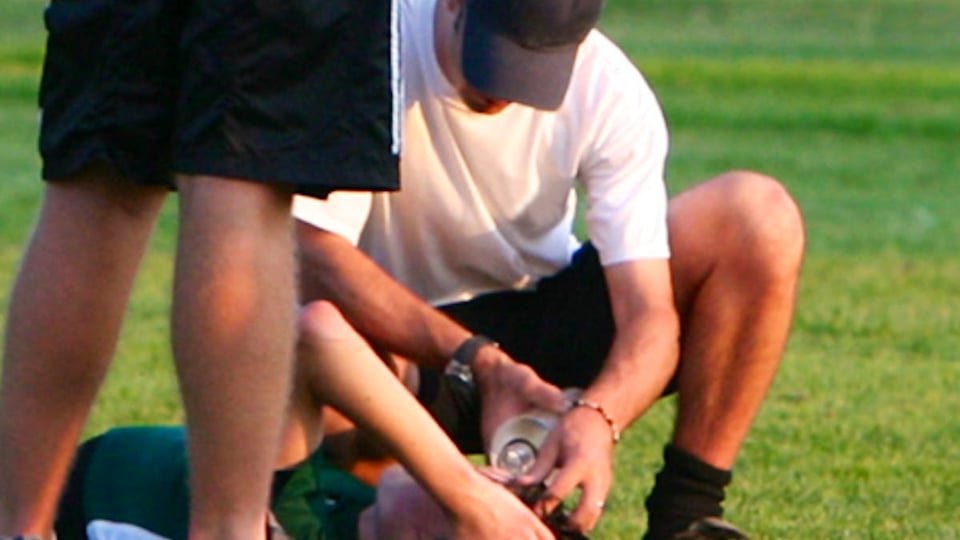Return to School and Sport Considerations for Concussion Rehabilitation
Lenore Herget, DPT, SCS, MEd, CSCS
Includes all course content in digital format
Prerequisites Required
Description
Too often, a patient is seen after sustaining a concussion and given little to no guidance with regards to how to effectively and safely return to school and sport without excessive symptom provocation. These patients frequently show symptoms well beyond the typical timeline, as they have missed out on proper rehabilitation opportunities and potentially have developed secondary signs and symptoms related to prolonged removal from school and sport, such as psychosocial dysfunction and deconditioning. Rehabilitative clinicians now are involved with these patient's care from diagnosis to full recovery.
This course will briefly address the multi-system involvement, not limited to oculomotor, vestibular, orthopaedic and cardiovascular, in the assessment and rehabilitation of the concussed athlete. The complexity of how each of these systems contributes to impairments and functional limitations will be reviewed. The most up to date research on evidence-based assessment tools will be presented as well as best practice tools for rehabilitation. This workshop will arm the clinician with tips to minimize symptoms in each domain to allow the student to return to school related activities earlier and minimize days lost from school. Additionally, the clinician will understand the importance of and instruction of a step wise progression of exercises from each individual system involved, to functional progressions of exercises, to eventual sport specific and non-contact sport related skills. After completion of this course, the rehabilitative clinician will be an integral part of the medical management team for those who have sustained a concussion/TBI.
Highlights
- Confidently differentiate between various system contributions to symptoms that may be limiting the student's participation in school related activities
- Learn evidence-based exercise prescriptions and progression that are safe, effective, and efficient
Learning Objectives
- Confidently differentiate between various system contributions to symptoms that may be limiting the student's participation in school related activities
- Learn evidence-based exercise prescriptions and progression that are safe, effective, and efficient
Course Content
| Return to School and Sport Considerations for Concussion Rehabilitation | SCORM Package | ||
| Next Steps | Module |
- Return to Sport Considerations
- Dangers of returning too early
- Treatment parameters by system: Oculomotor, vestibular, cervicogenic, exercise
- Functional progressions of exercises
- Stages of return to full contact
- Preventative exercises
- Return to School
- Cognitive reduction vs avoidance
- Tips to minimize oculomotor and vestibular symptoms
- Recognizing other system involvement and how it may impact school
- Referrals
DISCLOSURES
FINANCIAL: Lenore Herget is compensated by Summit as an instructor.
NONFINANCIAL: Lenore Herget has no non-financial relationships to disclose.
Click here to check accreditation for this course.